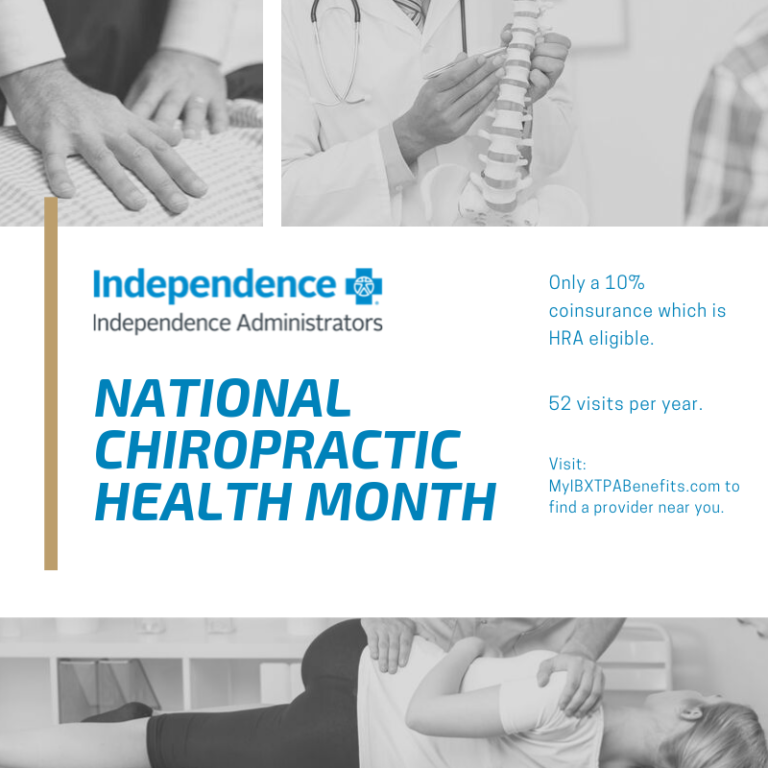Alicia D’Alessandro and Laura Manion, two Clinical Care managers from Mental Health Consultants, sat down with us to discuss the behavioral health services available to carpenters and their dependents.
Can you introduce your roles at Mental Health Consultants?
Laura: I am a Clinical Care Manager; Alicia is as well so we both share the same role. We are licensed counselors ourselves so we have the ability to provide crisis intervention or really just hand-holding the members. Maybe they’re teenagers, having some mood issues, or some concerns and they just don’t even know where the first place to start is. They can call us and we can gladly talk it through, talk to their teenager or their loved one and really kind of help collaborate with them what’s the next best step in making sure that they’re getting connected to quality providers who are covered under their benefits.
Why do you think so many people have difficulty reaching out?
Alicia: I think historically the Carpenters Union seems to be male dominated and men in general tend to have a difficult time asking for help. There are lots of statistics that show that men are not comfortable expressing emotions even dating back to traditional roles. Even when we will get a carpenter call in and say “Oh, my friend was uncomfortable calling.” And it makes us stop and say “Well, why?” They work and they pride themselves on being tough and being strong. They don’t necessarily want anyone to see their weaknesses.
Why do you think it’s so important that people take care of themselves emotionally?
Laura: It affects your family life, it affects your employment, your professional life so it really does seep out into every aspect of our lives and our day to day functioning.
Alicia: Your body and your mind are connected but people don’t tend to recognize that. They don’t see how untreated depression or anxiety could really affect their physical job performance as well.
In regards to members reaching out to MHC: this is confidential…this is not going to get back to their employer, this isn’t going to get back to anybody.
Are there any common signs or symptoms our guys should look out for?
Alicia: One thing specifically that comes up is the substance abuse as a form of self-medicating. So maybe someone can’t express their feelings and emotions and ask for help with their depression symptoms or anxiety but you might notice that someone is drinking more. Anger and aggression are also listed as being unhealthy ways to self-medicate or express yourself. I think that these symptoms tend to be ones that other people notice.
What do you think people can do to help fight this stigma?
Laura: I had a call with an individual a few weeks ago calling for a co-worker. He was saying “I go to regular therapy and it saved my life, I talk about it on the job.” It was kind of like that macho but he was owning it. He said it’s so funny now, his co-workers are coming up to him asking him to help them get connected and he’s calling MHC for them. So I think sometimes it just takes one or two people to talk about it. I think something to add to that in regards to members reaching out to MHC specifically is that confidence that this is confidential, that this is not going to get back to their employer, this isn’t going to get back to anybody.
Your body and your mind are connected but people don’t tend to recognize that.
What can our members expect when they call MHC?
Laura: They would call in, then we open up a [confidential] file for them. We have a personal touch to each phone call, in taking the time out to be really focused with that individual. It’s really just kind of reading what they need from us in the moment and we try to accommodate that the best we can.
Alicia: We are licensed counselors ourselves, so I think that it helps indirectly, even if we’re not trying to. We are validating and we are meeting them where they are and trying to determine what would be the most appropriate level of care for them or different treatment providers we can even hand-select.

Contact Mental Health Consultants (MHC) to request a list of in-network providers.
Services: Counseling – Substance Abuse – Psychologist
Inpatient: Detox – Partial – Substance Abuse
Outpatient (Office): Intensive Outpatient – Counseling – Group Counseling
215-343-8987




